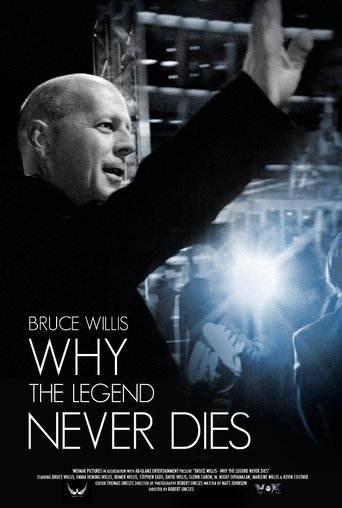
21 Mar 2013

Bruce Willis: Why the Legend Never Dies
An in-depth look at the life and career of Bruce Willis, featuring never-before-seen photos and videos from the Willis family collection. Narrated by Bruce Willis.
No overview found

21 Mar 2013

An in-depth look at the life and career of Bruce Willis, featuring never-before-seen photos and videos from the Willis family collection. Narrated by Bruce Willis.

03 Oct 2006

A documentary of the German national soccer team’s 2006 World Cup experience that changed the face of modern Germany.
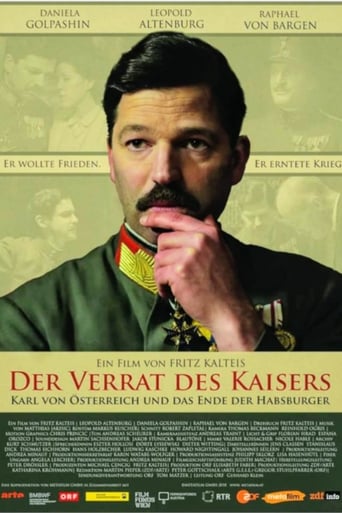
10 Nov 2018

The Habsburg Dynasty had ruled large parts of Europe and the world for 650 years. During World War I, however, the mighty Austro-Hungarian Empire sowed the seeds of its own demise. At the height of World War I, the world of the Habsburgs was on the brink of collapse. Almost exactly 100 years ago to the day, in April 1918, the most sensitive diplomatic mission of the First World War became a Europe-wide scandal: the so-called "Sixtus Affair". Secret negotiations between the Austrian imperial family and France were supposed to bring peace to the Danube monarchy – and their failure caused the war to escalate and the Habsburgs to fall.

27 Apr 1959

Filmmaker Alain Resnais documents the atrocities behind the walls of Hitler's concentration camps.
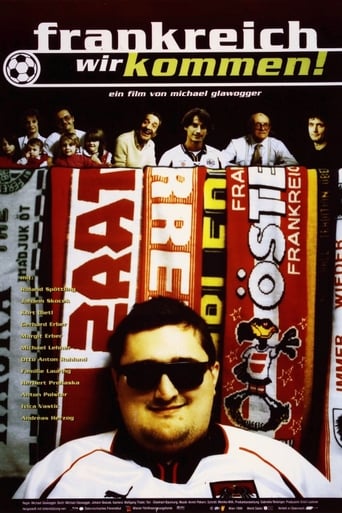
07 Jul 2000

FRANKREICH WIR KOMMEN is a highly enjoyable documentary, obviously intended for TV, but showing at film festivals. It shows us the highlights of the 1998 World Cup Championships in France through the eyes of several interesting and diverse fans of the Austrian national team. Entertaining, even for those not interested in football.
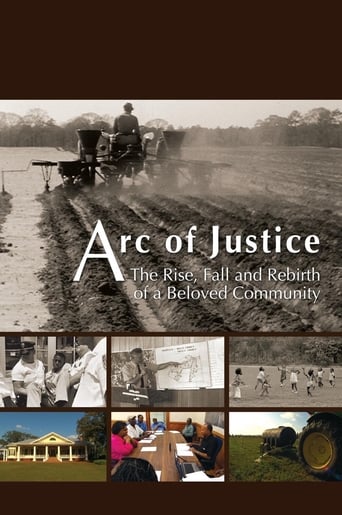
07 Dec 2016

ARC OF JUSTICE traces the remarkable journey of New Communities, Inc. and the struggle for racial justice and economic empowerment among African Americans in southwest Georgia.

09 Aug 1985

A brief history of the emergence and artistic innovations of tango in 19th-century Argentina and Europe. The film offers a mosaic of tango melodies, art works, dance performances, historical footage, photographs of Buenos Aires at the turn of the 20th century, and texts by Celedonio Flores and Enrique Santos Discépolo.

15 Nov 1942

Henry Browne, an African American farmer, and his family are profiled in this film. The important job of a farmer during times of war is highlighted, specifically his efforts growing peanuts and cotton. This role is made even more poingnant when they visit the eldest son who is a cadet in the 99th Pursuit Squadron.

11 Feb 2008

No overview found

07 Dec 2018

Stand-up comedian Kaya Yanar dissects the allure of Switzerland through the eyes of a German who's lived there.
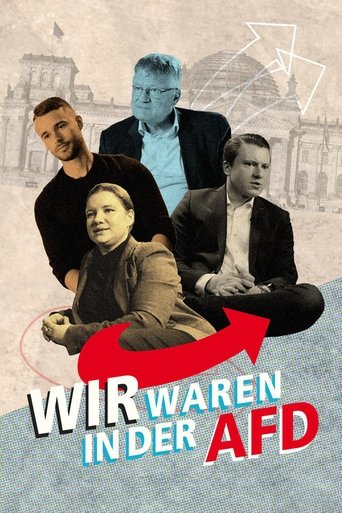
18 Jan 2024

The AfD, founded in 2013, is a right-wing party that has become increasingly radicalized in recent years. To illustrate this, only those who enthusiastically joined the party in its early years are heard. They describe what they looked for and found in the party, but also how and why they left, disillusioned and frightened by the AfD's developments. How did they experience the party's radicalization process? How did friends and family react? When and why did they decide to turn their back on the party? How difficult was the exit process? The documentary provides an illuminating inside view of this party, which has been driving the established parties and the political establishment ahead of it for over ten years, gives viewers a unique look into the AfD's chronicle and world of thought and is at the same time a film about the mechanisms of political radicalization.
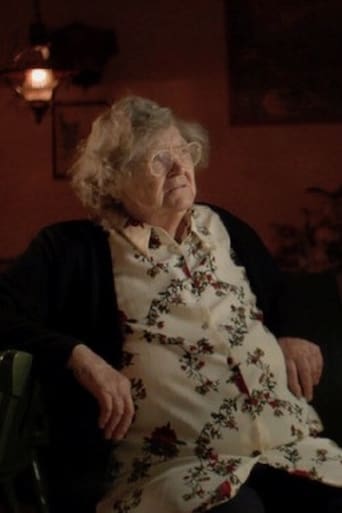
29 Sep 2020

Battering, breading, frying – Berta has prepared thousands of schnitzels in her old cast-iron pan over the years. This 83-year-old landlady’s life on the family farm with adjoining guest house in the Upper Palatinate has been marked by constant hard work. A life that her granddaughters Monika and Hannah never wanted to lead. Now, the deeply indebted farm is on the brink of collapse. Despite having an academic background and contrary to her intentions, Monika, in her early thirties, decides to give up her modern life and save the family business. The two women join forces and give themselves a year to sort out the farm’s problems.
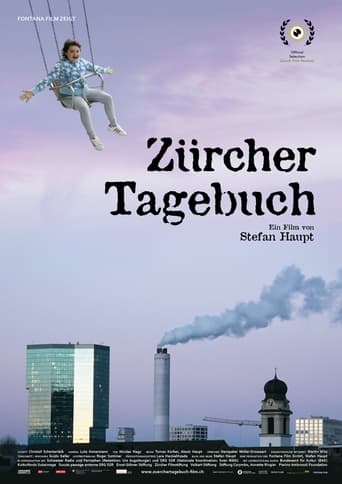
04 Nov 2020

No overview found
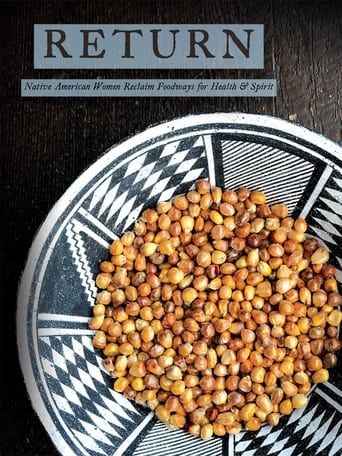
19 Mar 2019

Concerned about the declining health of people all around them, Native American women are sparking physical and spiritual rejuvenation through reclaiming traditional foodways.
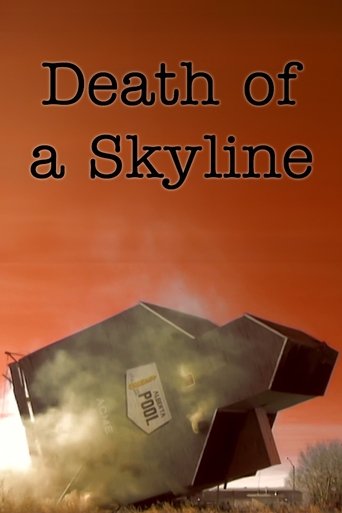
05 Aug 2003

A group of citizens lobbied to save the landmark Alberta Wheat Pool grain elevator, one of the defining features of Mayerthorpe’s landscape, from being torn down in 2003 - as thousands of others had been. This film documents those efforts while exploring the broader history and significance of the grain elevator.
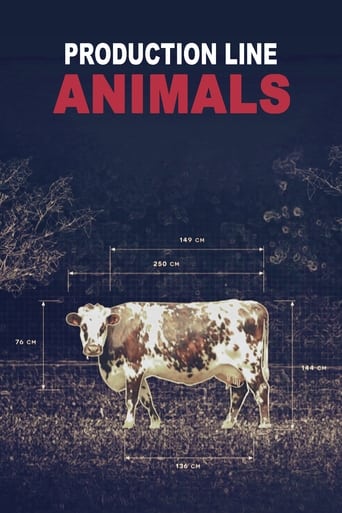
07 Mar 2023

How did it come about that we no longer see living beings in farm animals, but objects? Every year, 70 billion farm animals are slaughtered for consumption around the world. 80 percent are kept on large farms. They live crammed together in overcrowded stables, are fattened and finally slaughtered without ever having been in nature. In less than two generations, intensive husbandry has become established worldwide. Researches in Poland, the USA, Germany and Vietnam gets to the bottom of the system and those responsible. The meat industry is subsidized by the state. Corporations, governments and consumers tacitly support a deregulated and dehumanized economic system that makes unlimited consumption of animal products the norm - and with it, animal cruelty. The documentary film describes the triumph of industrial agriculture, in which the animal has to endure unimaginable suffering, becomes a commodity, a raw material that is always available and can be slaughtered and processed at will.
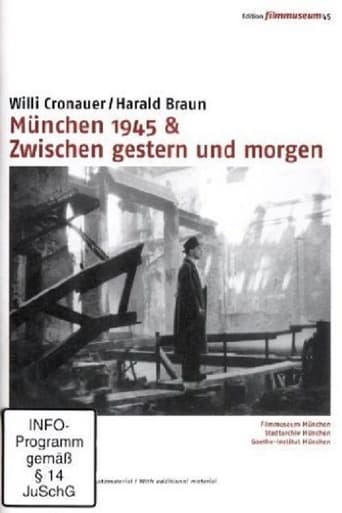
31 Dec 1945

Shot in Munich just a few weeks after it was taken by the American troops on April 30, 1945.
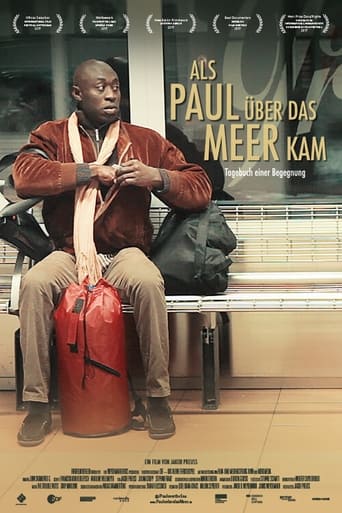
28 Jan 2017

An unusual friendship in an agitated political context.
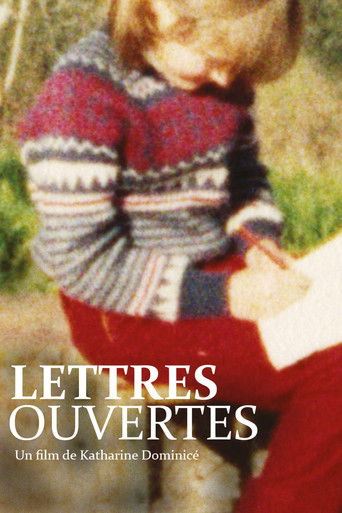
12 Mar 2023

Between 1931 to 2002, Switzerland issued some six million seasonal residence permits, known as "A" permits, to immigrant workers. This status carried drastic rules, such as a ban on family reunification and a stay in Switzerland limited to nine months a year. In open letters, former seasonal workers and their children recount the impact this system had on their lives.
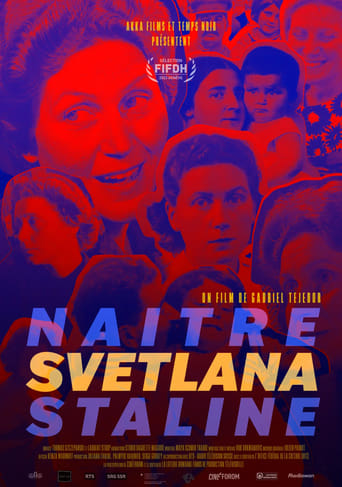
16 Mar 2023

In 1967, in the middle of the Cold War, Joseph Stalin's only daughter goes to the American embassy in New Delhi and asks for asylum. Svetlana leaves behind her country and her two children. Hunted by the press, the KGB, and many admirers, the woman, nicknamed the Kremlin princess, will never cease to flee. From the summit of the Soviet empire to the solitude and poverty of her last years in a Wisconsin home, Gabriel Tejedor traces the destiny of a resolutely free woman, at the very heart of the century and its geopolitical challenges.